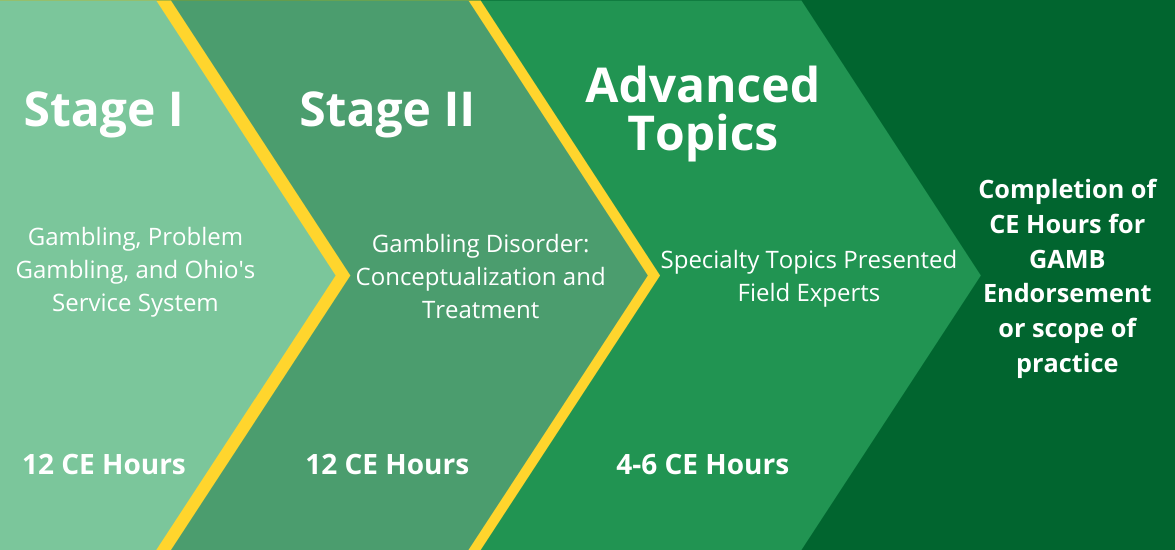Problem Gambling Topics
Mission: To reduce the negative effects of gambling in Lane County communities through coordinating effective prevention strategies.
Gamblers Anonymous International Service Office 4981 Irwindale Avenue suite 700 Irwindale, CA 91706 T (626) 960-3500 F (626) 960-3501 isomain@gamblersanonymous.org. Investment banking has, in recent years, resembled a casino, and the massive scale of gambling losses has dragged down traditional business and retail lending activities as banks try to rebuild their balance sheets. This was one aspect of modern financial liberalisation that had dire consequences.
Our program history

- Northstar Problem Gambling Alliance 1935 West County Road B2, Suite 420 Roseville, MN 55113 Email: info@northstarpg.org Phone: 612-424-8595 Fax: 651-636-6757 MN STATE HELPLINE 1-800-333-4673 (HOPE).
- To encourage healthcare providers to screen clients for problem gambling. Please direct questions, concerns or feedback to ncpg@ncpgambling.org. Please submit information about your events here so that we can share it with your national community! Click here for a list of PGAM events across the country. 2020 Problem Gambling Awareness Month.

Lane County formed its problem gambling (or “disordered gambling”) prevention program in January 2002. Since then, we have been called upon regionally, nationally and internationally for our resources and innovative prevention approaches. In 2012 our coordinator, Julie Hynes, was the recipient of the National Council on Problem Gambling’s Wuelfing Award for Prevention, the highest honor in problem gambling prevention. She is currently the co-chair of the National Council on Problem Gambling Prevention Committee.
Why the need to prevent gambling disorders?
- Disordered/problem gambling is a “hidden” behavioral addiction
- The latest data on Oregon students shows that gambling starts as early as sixth grade, and that youth who gamble are much more likely to be involved in other risky behaviors.
- Evidence-based efforts for drugs, alcohol and tobacco are effective; effective disordered gambling prevention strategies may actually help reduce the rate of future disordered gamblers by promoting healthy and responsible choices.
Evidence-based work
Our program, like other problem gambling services in the State of Oregon, is funded by a portion of 1% of Oregon Lottery net proceeds. We utilize the Center for
Substance Abuse Prevention’s (CSAP) strategies for effective prevention
efforts, including information dissemination, prevention education, community-based processes, and policy change.
A growing number of prevention experts believe that the risk and protective factors for other problem behaviors (e.g., substance abuse, violence, delinquency, school dropout) are common to those for problem gambling behaviors in youth. We very much support this belief. Therefore,
our program seeks to model its efforts around addressing common risk
factors.
Our program is targeting the following risk factors in youth:
- Early initiation of problem behavior
- Community laws & norms favorable toward the problem behavior
- Favorable attitudes toward the problem behavior
- Friends who engage in the problem behavior
For more information on how disordered/problem gambling may be related to the
risk & protective factor framework and how evidence-based disordered/problem
gambling prevention programs might be developed, please refer to the
report, Problem Gambling Prevention Resource Guide for Prevention Professionals.
Our goals


- Increase community awareness about the effects of disordered/problem
gambling, and promote awareness that disordered/problem gambling is a preventable and treatable public health problem - Reduce gambling behavior among youth by addressing the risk
factors that may increase the risk of disordered/problem gambling and promoting
the protective factors that may minimize the risk of problem
gambling. - Build and maintain partnerships of individuals, agencies, and
community groups to help support community approach to problem gambling prevention.
Lane County is working to achieve these goals through several projects, including the development and provision of educational material and technical assistance to schools and community partners, partnering with other local substance abuse prevention coordinators and other counties’ problem gambling prevention providers, and active involvement in local and statewide efforts.
For other information about our efforts, check out our presentation about problem gambling and the importance of prevention. Note that we’re constantly updating our materials, so the material on this site may not be as up to date as what we can provide to you.
Problem Gambling Topics Definition
Aligned with Oregon Health Education Standards

In schools, we align our efforts with the Oregon Health Education Standards.
The skills covered by our program include:
- accessing information, analyzing influences, and decision making.
How can we help you?
Are you looking to add information about problem gambling to your classroom, group, or agency program area? We can offer a variety material to you – – ranging from the shortest to lengthier material. Here are a few items we can offer you:
Problem Gambling Topics Articles
- Presentations and education, targeted to specific population needs
- Policy support and technical assistance
- Professional training workshops (e.g., to addictions, prevention, or mental health providers)
- Other gambling-related information or education; please feel free to contact us!